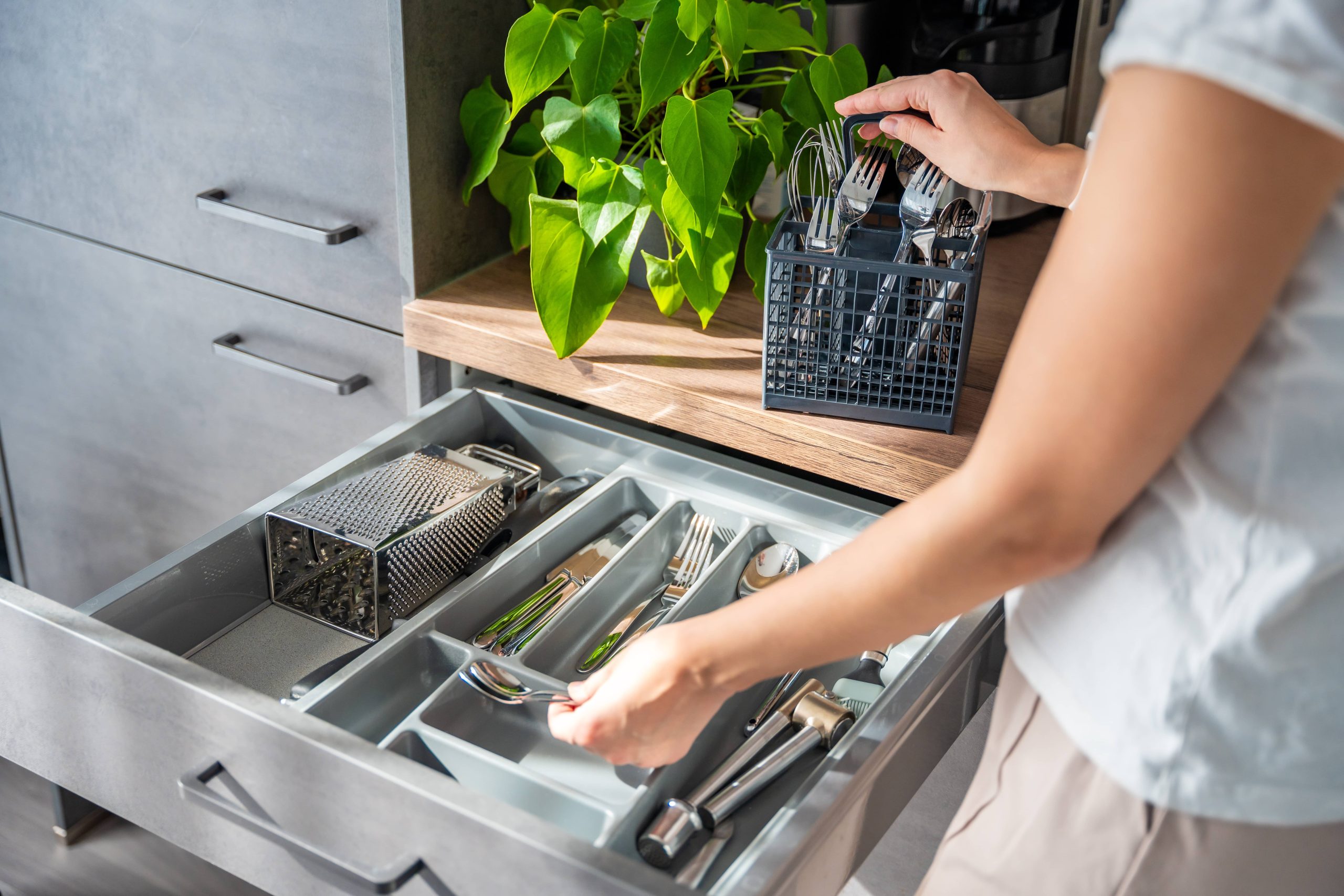
In today’s fast-paced world, the importance of a well-organized home cannot be overemphasized. As a passionate home organization blogger, I’ve observed how decluttering can profoundly influence everyday life, creating a space that nurtures well-being, productivity, and a sense of peace. The transformative power of decluttering extends beyond mere aesthetics, impacting our mental health, relationships, productivity, and even our finances. Let’s delve into how these elements come together to enhance the quality of our lives.
Mental Health and Emotional Well-being
At the core of decluttering is the psychological impact on our mental health. Clutter often manifests as visual noise, creating an undercurrent of stress and anxiety. It’s a reminder of tasks uncompleted, decisions deferred, and chaos unmanaged. By reducing clutter, we alleviate this burden, creating a serene environment that fosters peace and tranquility. A tidier space can clear mental fog, leading to a clearer mind, improved concentration, and reduced stress levels.
Studies have shown that physical environments significantly influence our emotions and behavior. Disorganized spaces can evoke feelings of confusion, tension, and irritability. Conversely, a well-organized space can inspire creativity, relaxation, and a sense of control. By decluttering, we manage our environment effectively, which in turn helps us manage our minds better. This is particularly important in our homes, where we should feel most comfortable and at ease.
Enhancing Productivity
The influence of decluttering extends into the realm of productivity. Whether it’s working from home, homework sessions with the kids, or simply managing household tasks, a clutter-free environment can improve focus and efficiency. When unnecessary items are removed, and everything has a designated place, less time is spent searching for things and more time can be dedicated to meaningful engagements.
This streamlined environment acts as a catalyst for productivity, helping us prioritize tasks and manage time more effectively. An organized space reinforces a routine, promoting discipline and accountability. For those working from home, this can translate to better work-life balance, avoiding the blurring of lines between professional and personal spaces. Furthermore, a tidy home ensures that relaxation doesn’t feel earned, but rather becomes an integral part of your lifestyle, supporting overall productivity.
Strengthening Relationships
Cluttered spaces can strain relationships, whether with family members or roommates. Disorganization often leads to misunderstandings and disputes over chores and responsibilities. A decluttered home fosters a sense of shared responsibility and teamwork, contributing to healthier, more harmonious relationships.
In a family setting, decluttering can teach children the value of sharing and organizing possessions, instilling habits that last a lifetime. It encourages open communication about what items are truly necessary and what holds sentimental value. This can bring families closer, as they collaborate to create a space that reflects their shared identity and values.
Furthermore, having friends over becomes a more enjoyable experience without the stress of last-minute tidying. A clean, organized home is welcoming and inviting, enhancing hospitality and strengthening social bonds.
Financial Benefits
A decluttered home can also lead to significant financial benefits. By keeping tabs on what we own, we reduce unnecessary purchases, which is a common pitfall when items are lost in clutter. Knowing what you have helps in avoiding duplicate purchases, and encourages mindful consumption.
Additionally, selling items you no longer need can generate extra income. From clothing to electronics, many platforms enable you to sell unwanted items easily. Donating items is another beneficial avenue, offering an opportunity to support charitable organizations and declutter simultaneously.
Moreover, maintaining an organized space can lead to lower maintenance costs. For instance, preventing damage to items that might occur in a crowded, unorganized space can help extend the life of your belongings, thus reducing replacement costs.
Encouraging Minimalism and Mindfulness
Decluttering encourages a lifestyle of minimalism and mindfulness. It propels us to evaluate our needs versus wants and fosters gratitude for what we have. This mindful approach to possessions can inspire a broader commitment to sustainability and environmental consciousness, as we learn to value quality over quantity.
This shift doesn’t just apply to physical possessions but also lifestyle choices and commitments. Identifying areas of mental clutter can be beneficial. Decluttering schedules, for instance, ensures that time is spent on what truly matters—a valuable lesson in the pursuit of happiness and fulfillment.
Conclusion: A Pathway to a Better Life
Decluttering’s influence on everyday life underscores a deeper commitment to enhancing holistic well-being. By clearing our physical spaces of unnecessary items, we open doors to improved mental health, strengthened relationships, increased productivity, financial benefits, and a more sustainable lifestyle. As we embark on this journey towards a clutter-free life, remember that decluttering is more than a one-time event; it’s a continuous process that adapts to life’s changes and demands.
Embrace the transformation that decluttering offers. Start small, take consistent steps, and soon you’ll notice how this practice reshapes your life, creating a home that is not only organized but a sanctuary of peace, joy, and harmony. As you stand amidst a harmonious, well-organized space, you may find yourself not just living but thriving.

